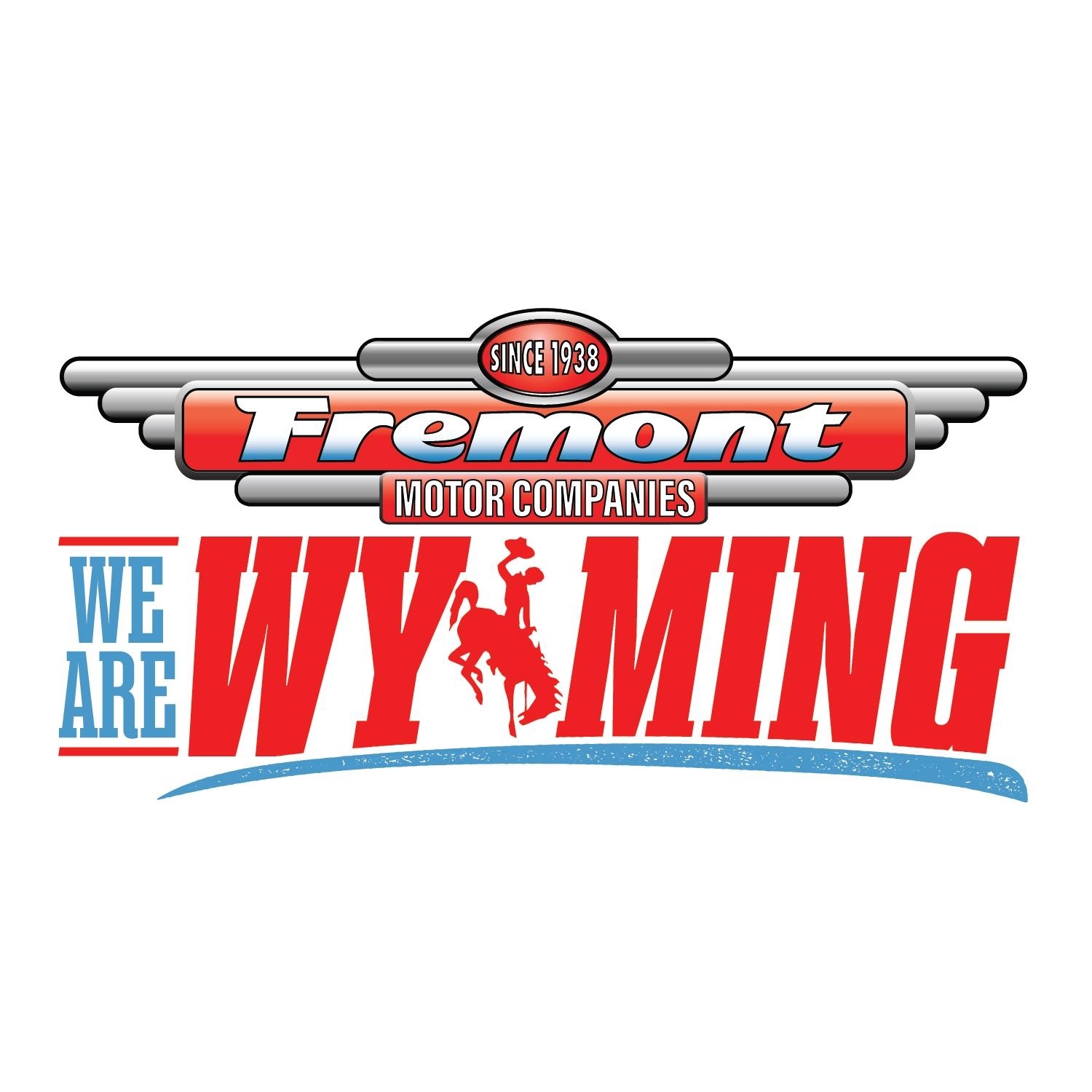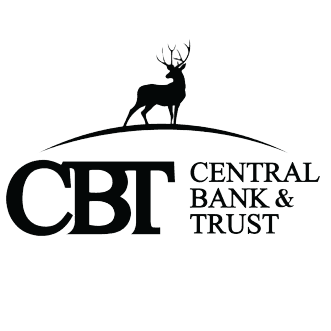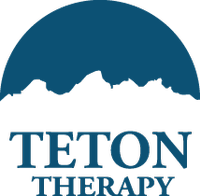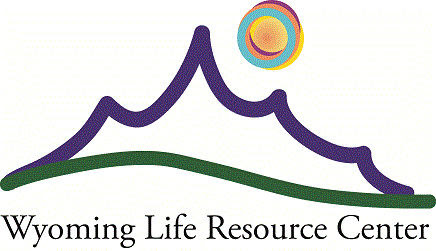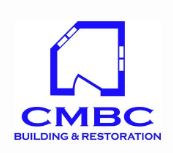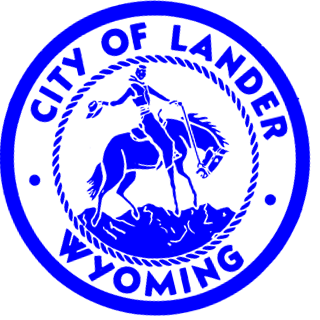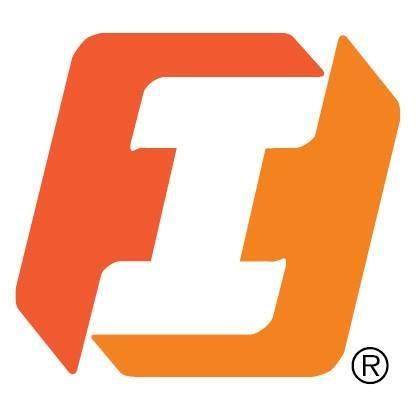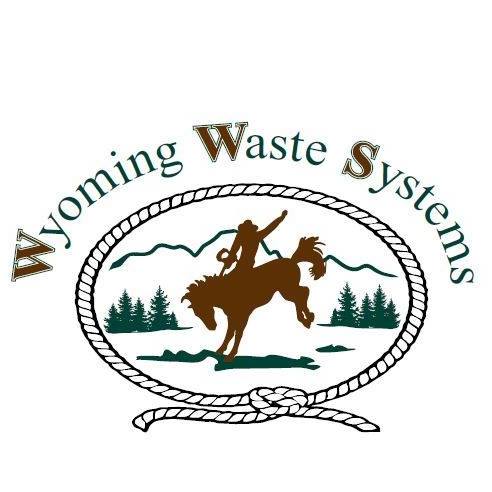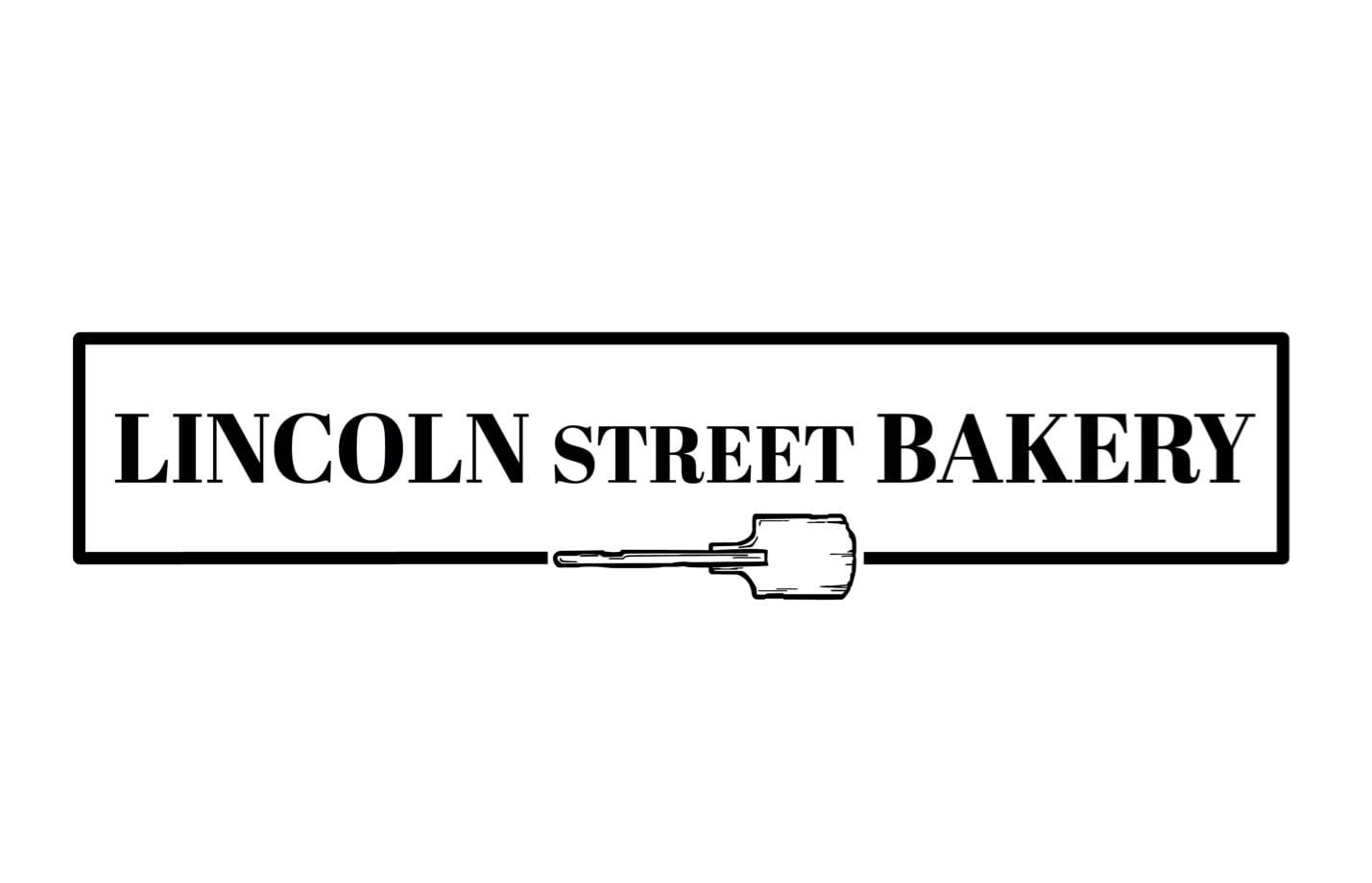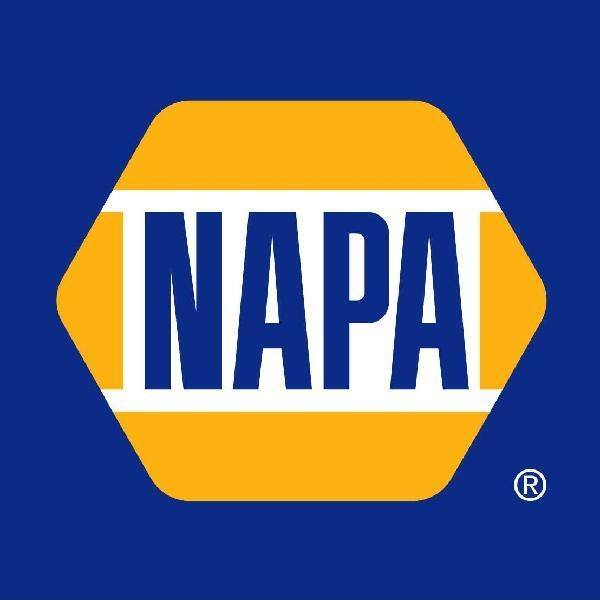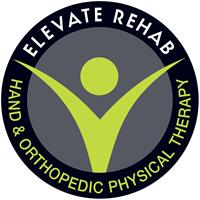- FORD (Family, Occupation, Recreation, Dreams) and HEFE (Hobbies, Experiences, Future, Education) are two frameworks for networking and small talk
- FORD focuses on personal and aspirational topics, while HEFE emphasizes shared experiences and individual growth.
- Use FORD for rapport-building and HEFE for deeper, curiosity-driven conversations
- Master both to navigate diverse networking scenarios effectively
400 words ~ 2.5 min. read
Small talk is the foundation of networking, but it often feels forced or superficial. Frameworks like FORD and HEFE can transform casual conversations into meaningful connections. Let’s explore the strengths and applications of each to help you decide when and how to use them effectively.

The FORD Framework
FORD stands for Family, Occupation, Recreation, and Dreams. These topics serve as approachable entry points for conversation.
Strengths:
- Universality: Family and work are nearly universal topics, offering familiarity and relatability.
- Aspiration-oriented: Discussing dreams often leads to uplifting and engaging exchanges.
- Simplicity: Its structure is easy to remember and apply.
Best Use Cases:
- Quick introductions or casual networking events.
- Situations where building rapport is more important than diving deep.
Example Questions:
What’s your favorite part of your job?
Did you grow up around here, or did your family move here later?
Do you have any big goals or plans you’re working toward right now?
The HEFE Framework
HEFE stands for Hobbies, Experiences, Future, and Education. This approach shifts the focus to shared interests and personal growth.
Strengths:
- Depth: Encourages meaningful dialogue by exploring unique interests and personal stories.
- Curiosity-driven: Naturally prompts follow-up questions, sustaining conversation.
- Relevance: Useful for professional settings, as education and future plans often align with career aspirations.
Best Use Cases:
- One-on-one meetings or smaller networking circles.
- Situations requiring a balance of personal and professional topics.
Example Questions:
- What do you like to do in your free time?
- Did you have a favorite teacher or mentor who inspired you?
- Do you spend time with extended family, or do you live close to them?
Key Differences
- Focus: FORD emphasizes rapport-building through relatable topics, while HEFE dives deeper into individuality and curiosity.
- Tone: FORD is light and conversational; HEFE leans more reflective and intellectual.
- Adaptability: FORD works well for short, casual interactions, whereas HEFE is better suited for in-depth conversations.
How to Use Them Together
The most effective networkers combine these frameworks, adapting to their audience and setting:
- Start with FORD: Break the ice by asking about family, work, or hobbies.
- Transition to HEFE: Once rapport is established, steer the conversation toward experiences or future goals to deepen the connection.
The Bottom Line
Both FORD and HEFE are valuable tools for networking, but the key to success lies in understanding your audience and the context. Whether you’re attending a large event or engaging in a one-on-one chat, these frameworks provide reliable strategies to connect, communicate, and leave a lasting impression.
—
The Lander Chamber of Commerce is a private non-profit organization that aims to support the growth and development of local businesses and our regional economy. We strive to create content that not only educates but also fosters a sense of connection and collaboration among our readers. Join us as we explore topics such as economic development, networking opportunities, upcoming events, and success stories from our community. Our resources provide insights, advice, and news that are relevant to business owners, entrepreneurs, and community members alike. The Chamber has been granted license to publish this content provided by Chamber Today, a service of ChamberThink Strategies LLC.
